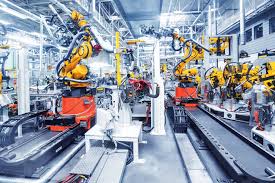1. Data quality and availability: The quality and availability of data is critical to the success of AI, but many businesses struggle with poor quality or limited access to data.
2. Lack of skills and talent: There is a shortage of people with the necessary technical skills to work with AI and automation technologies, making it difficult for businesses to find and retain the talent they need.
3. Cost and ROI: Integrating AI and automation technologies can be expensive, and businesses need to carefully consider whether the investment will provide a return on investment.
4. Security and privacy: AI and automation technologies can introduce new security risks and data privacy concerns that businesses must address to protect their customers and reputation.
5. Change management: The adoption of AI and automation technologies often requires significant changes to organizational processes and structures, which can be difficult for businesses to manage.
6. Ethical and social implications: AI and automation technologies can have ethical and social implications that businesses need to carefully consider, such as potential job loss and the impact on society.
7. Regulation and compliance: The use of AI and automation technologies may be subject to regulatory requirements, such as data protection regulations, which can add complexity and cost to adoption.
8. Integration with existing systems and infrastructure: Integrating AI and automation technologies with existing systems and infrastructure can be complex and time-consuming.
9. Interoperability: Ensuring that different AI and automation technologies can work together seamlessly can be a significant challenge for businesses.
10. Bias and transparency: AI systems can produce biased results or make decisions that are difficult for humans to understand. Businesses need to carefully consider how they can ensure their AI systems are transparent and free of bias.



